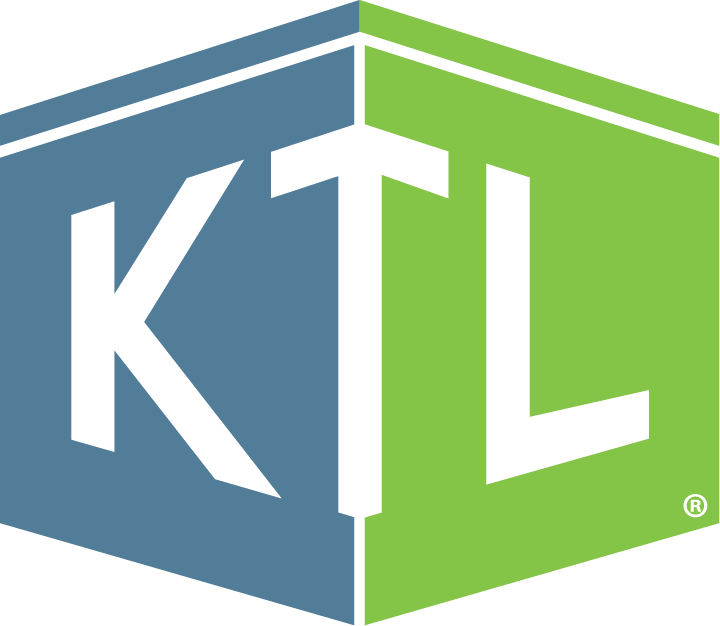
Food Safety
Comments: No Comments
The Food Safety Modernization Act’s (FSMA) Preventive Controls for Human Food (PCHF) Rule (21 CFR 117) requires subject food facilities to develop and implement a robust Food Safety Plan that includes an analysis of hazards and risk-based preventive controls (PCs) to minimize or prevent those identified hazards.
One of the key requirements of the PCHF Rule is that certain activities be performed by a Preventive Controls Qualified Individual (PCQI) who is knowledgeable in the development and application of risk-based PCs. At least one PCQI is required at each subject facility, who is responsible for overseeing or performing the following:
- Preparation of the Food Safety Plan.
- Validation and verification of PCs and monitoring activities.
- Records review.
- Annual reanalysis of the Food Safety Plan.
PCQI Training Requirements
Becoming a PCQI requires knowledge in the development and application of risk-based PCs gained either through job experience or through training under a standard Food and Drug Administration (FDA)-recognized curriculum.
The Food Safety Preventive Controls Alliance (FSPCA) PCHF (PCQI) training curriculum, which includes minimum of 22 contact hours, is widely recognized by FDA and industry as the “gold standard” for food safety professionals to obtain the knowledge required to create a Food Safety Plan under the PCHF Rule.
A New Version
On June 30, 2025, FSPCA retired its previous (Version 1.2 (V1.2)) PCHF/PCQI training curriculum; as of July 1, 2025, FSPCA will only conduct and/or approve administration of its new Version 2.0 (V2.0) curriculum. V2.0 is designed to better equip participants with the most current tools and reference materials, new and updated guidance documents, and the latest strategies for managing Food Safety Plans and FDA compliance.
One of the most significant changes to the curriculum includes integrating the FDA’s new Hazard Analysis and Risk-Based Preventive Controls for Human Food draft guidance, which was released in January 2024. The curriculum expands the hazard analysis chapter to show participants how to use the guidance when performing a hazard analysis, takes a deeper dive into specific pathogens of concern for food, and offers more specific examples of chemical and physical hazards.
Other changes include the following:
- More modern format to improve clarity, including using QR codes to provide quick access to supporting documents and resources.
- Knowledge checks at the end of each chapter to help gauge participant understanding throughout training.
- Restructured to follow Hazard Analysis and Critical Control Points (HACCP) principles built on critical control points (CCPs) and expanded using PCs.
- Examples incorporating recent current events (e.g., recalls, economically motivated events).
- Updated model planning examples to support learning objectives.
- Clearer examples of how to document PCs.
Training Renewal
Individuals who received FPSCA training under PCHF/PCQI V1.2 do not need to re-complete the training course again to remain a PCQI. There is no FDA regulatory requirement to renew training to comply with the PCHF Rule. However, some customer and third-party requirements may require renewal.
Beyond requirements, taking the V2.0 course incorporates new FDA guidance information tools and may be valuable for any current PCQI to get new insights into the PCHF Rule and updated resources to help with compliance. All food safety professionals taking the FSPCA PCHF/PCQI course will be trained under the new V2.0 curriculum going forward.
